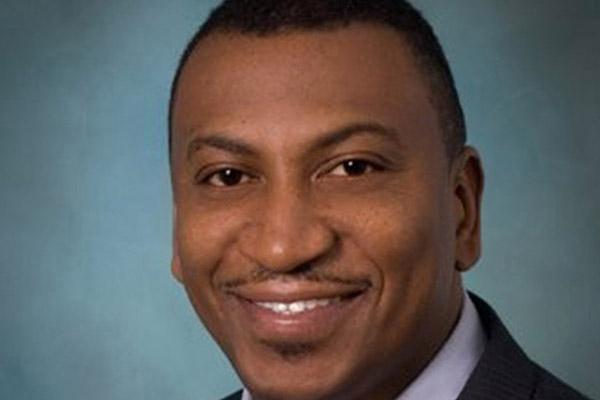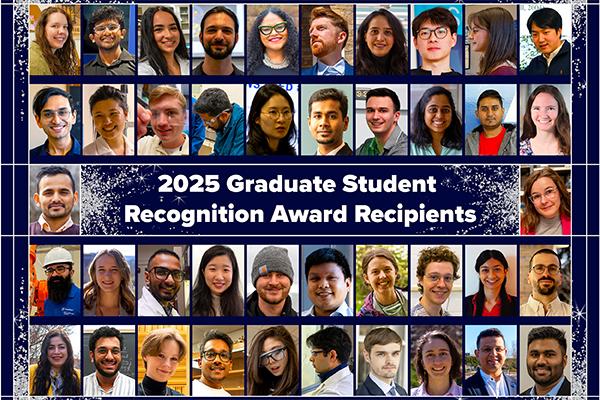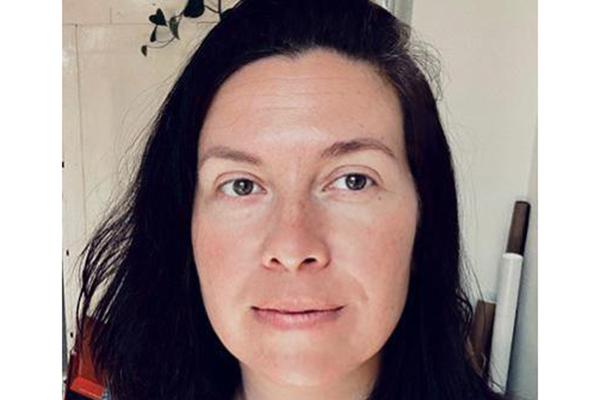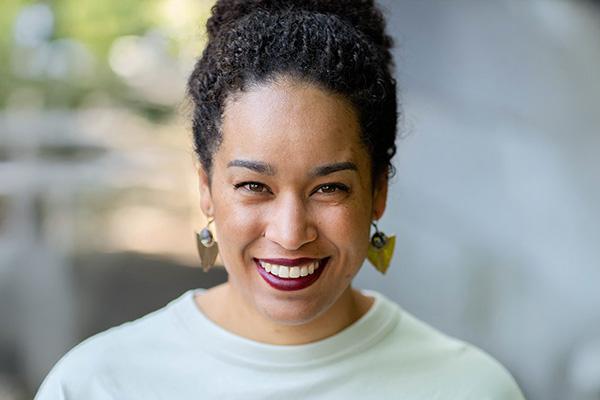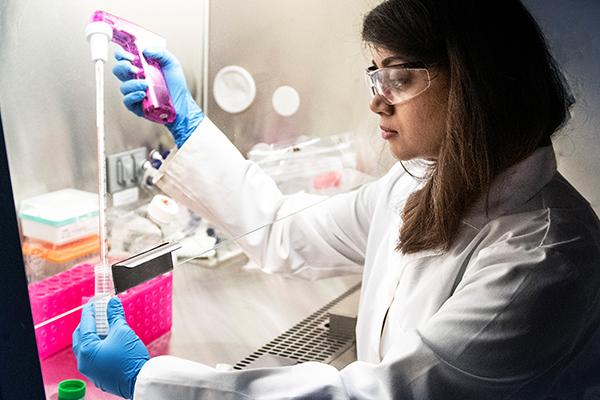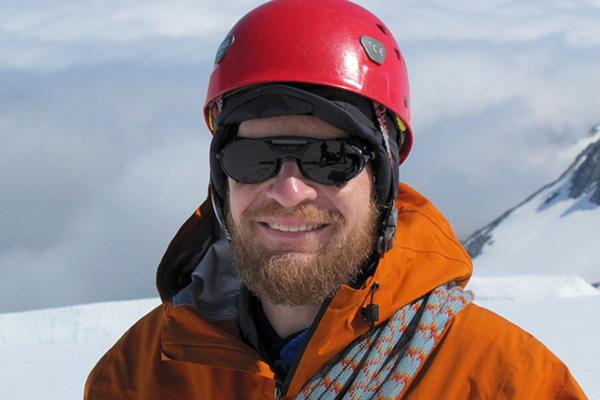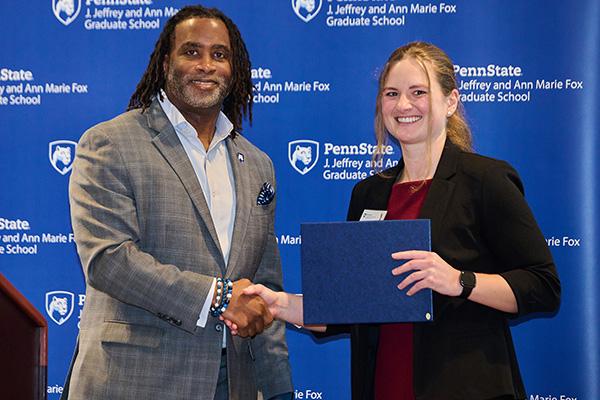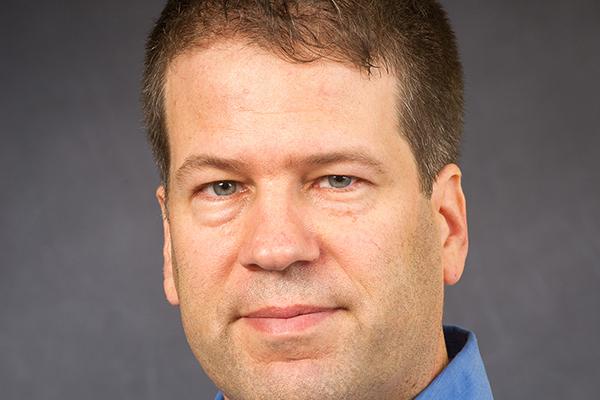Our graduate students are integral to the research we conduct, and they also are dedicated to making a difference in communities. Learn more about their research, outreach efforts, and other projects below.
News
Andrew Waxman, assistant professor of economics and public policy at the Lyndon B. Johnson School of Public Affairs at the University of Texas at Austin, will give the talk, “Paying at the Pump and the Ballot Box: Electoral Penalties of Motor Fuels Taxes” at noon on Wednesday, April 23, in 157 Hosler Building on the University Park campus.
The 2025 Richard E. Tressler Lecture in Materials will be held at 3:05 p.m. Tuesday, April 15, in 101 Agricultural Sciences and Industries Building on the Penn State University Park campus. Arthur Martin, vice president of research and development for North America at Arkema, will deliver the lecture, “Arkema: Innovative Materials for a Sustainable World” and receive the 2025 R.E. Tressler Award.
Penn State recognized 42 graduate students with annual University awards that celebrate students' impact in research, scholarship, teaching, outreach, mentoring and more.
Thirty-one graduate students received awards at the 2025 Graduate Exhibition, hosted by the J. Jeffrey and Ann Marie Fox Graduate School on Friday, March 28, on the University Park campus.
Penn State’s “Stories from the Field” conversation series is returning this spring with a brand-new session focused on research examining housing inequality in North America.
The April Climate Conversations Café will host Brianna Craft, a climate justice researcher and author, for a discussion on diplomacy, climate-change negotiations and storytelling.
The American Heart Association (AHA) awarded Nivetha Gunaseelan, a doctoral candidate studying biomedical engineering in the Penn State College of Engineering, a predoctoral fellowship.
The Penn State Department of Geography will continue its spring 2025 Coffee Hour lecture series with a talk by Richard B. Alley, Evan Pugh University Professor in the Department of Geosciences and the Earth and Environmental Systems Institute at Penn State. Alley’s talk, "Sea-Level Rise from Ice Sheets: How Bad Could It Be?" will examine the uncertainties surrounding sea-level rise and the scientific challenges of predicting future ice-sheet behavior.
Three Penn State graduate students, including Patrick Sarpong, doctoral candidate in energy and mineral engineering, received awards in the 2025 Three Minute Thesis competition.
David Newburn, associate professor in the Department of Agricultural and Resource Economics at the University of Maryland, will give the talk, “Interacting Incentives for Agricultural Conversation Subsidies and Trading Programs: Implications for Water Quality and Carbon Sequestration Benefits in the Chesapeake Bay Watershed,” at noon on Wednesday, April 2, in 157 Hosler Building on the University Park campus.



